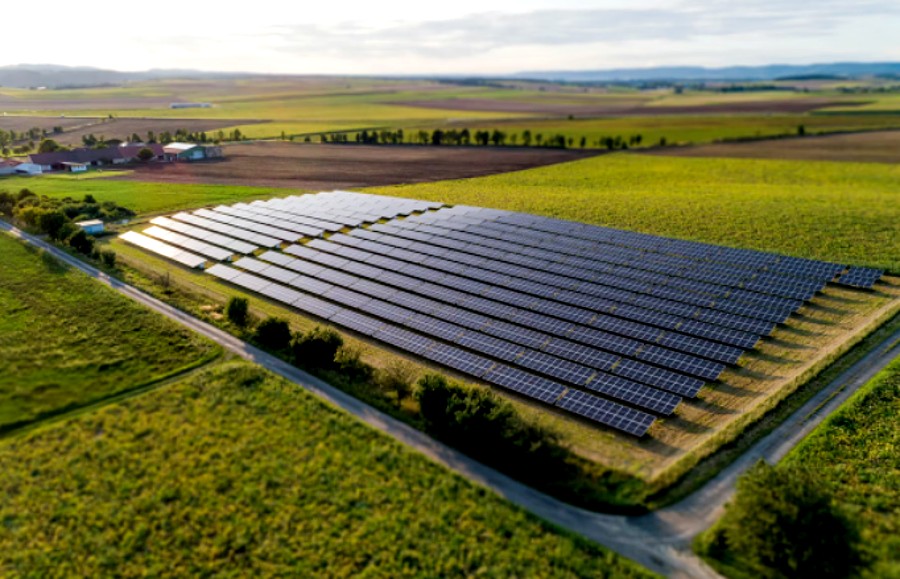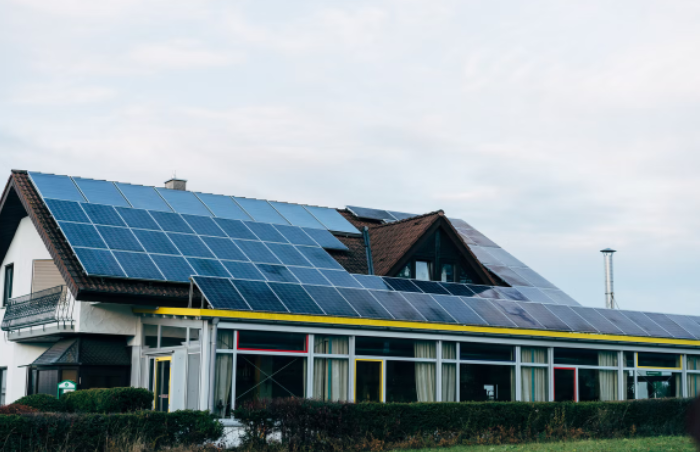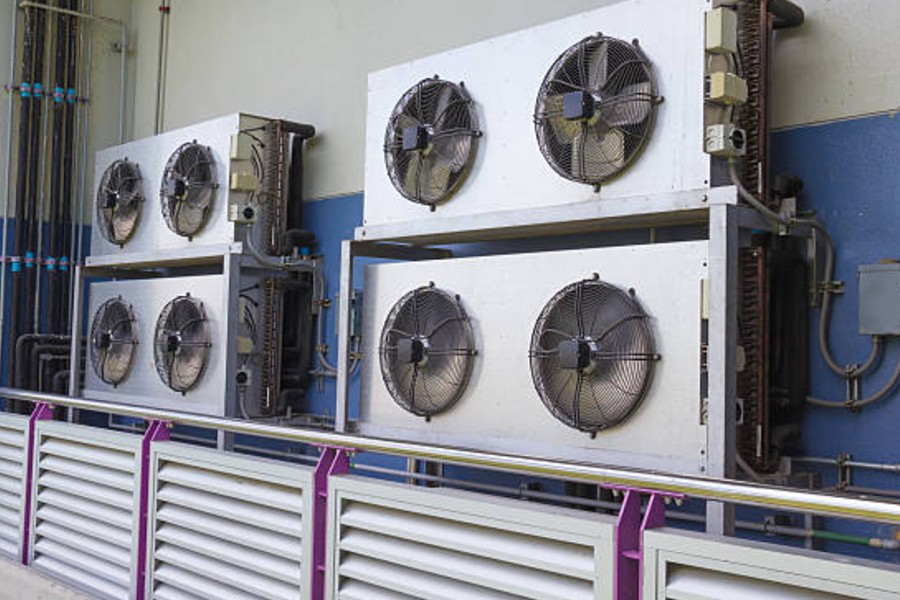 If you’re looking for a way to save money on your energy bills, solar might be the answer.
If you’re looking for a way to save money on your energy bills, solar might be the answer.
Solar energy is becoming more and more popular, and for good reason – it’s a great way to save money with the rising electricity prices! In this blog post, we will discuss how much you can save by making the switch to solar. We will also provide tips on how to get started with solar energy. So if you’re ready to start saving, keep reading!
How much money can you save by switching to solar energy?
So, how much can you really save by switching to solar?
The average U.S. household uses about 900 kWh of electricity per month. If you were to switch to solar, your solar panels would produce about 160% of that power, on average. That means that you’d be using solar energy for all of your needs, and then some.
The excess solar power that you produce can be sent back to the grid, and you’ll receive a credit on your bill for the power that you generated. In some states, this is called “net metering”.
On average, solar panels will offset 100% of your electricity usage, and then some. In other words, you can expect to see your electric bill go down to $0 per month.
How do you switch to solar energy?
If you’re interested in solar energy, there are a few things you need to do to make the switch.
You’ll need to research solar providers in your area. This can be done by searching online or contacting your local utility company. Once you’ve found a few solar providers, compare their prices and services to find the best fit for you.
Also, you’ll need to get solar panels installed on your property. This can be done by hiring solar installers or doing it yourself if you’re handy. Once the solar panels are installed, they will need to be connected to your home’s electrical system.
Finally, you’ll need to start using solar energy to power your home. This can be done by using solar panels to generate electricity or using solar thermal panels to heat water. You may also want to consider solar pool covers and solar lights for your home.
What are the benefits of solar energy?
When it comes to solar energy, there are a lot of benefits that come along with it. For one, solar energy is renewable. This means that we will never run out of solar energy, unlike fossil fuels which are finite resources. Additionally, solar energy is much cleaner for the environment than traditional forms of energy like coal or natural gas. Solar panels also have a very small carbon footprint, and they don’t produce any harmful emissions.
Another benefit of solar energy is that it can save you a lot of money in the long run. Solar panels will generally pay for themselves within five to ten years, and after that, you will essentially be getting free energy for the rest of your lifespan (which is typically around 25-30 years). This means that solar energy can help you save a lot of money on your energy bills in the long run.
Solar energy is becoming increasingly more efficient and affordable. The cost of solar panels has dropped significantly in recent years, making them more accessible to the average person. Additionally, solar technology is constantly improving, meaning that solar panels are becoming more and more efficient at converting sunlight into energy.
What kind of maintenance is required for a solar system?
To keep your solar system running at peak performance, you should have it checked by a professional once a year. You may need to clean your solar panels more frequently if they are located in a dusty area. Solar panels typically come with a 25-year warranty, so you shouldn’t have to worry about replacing them for many years.
Overall, switching to solar is a great way to save money and help the environment. If you’re considering making the switch, be sure to do your research and find a reputable solar company to install your system.
How long will it take for you to break even on your investment in a solar system?
If your solar system is grid-tied (meaning it’s connected to the power lines) and you receive net metering, your payback period will be shorter. Net metering is when your utility company credits you for the excess solar electricity that your system produces and feeds back into the grid.
In some cases, solar customers with a grid-tie solar system and net metering can achieve a payback period of just three to five years.
This is because solar has low upfront costs, and you continue to save money on your electric bill month after month. After your solar panels have paid for themselves, all the solar electricity they produce is essentially free power for the rest of their 25-30 year lifespan.
The average solar payback period in the U.S. is around seven years, but this varies depending on the state you live in and the size of your solar system.

Solar energy is a great way to save money and help the environment. If you’re thinking of making the switch, be sure to do your research and find out what solar panel options are available to you when you look for your best solar provider. You might be surprised at how much you can save!
- The Ultimate Guide To Customizing Your Cubicle Partition For Comfort And Style
- Eco-Friendly Cubicle Partitions: Sustainable Office Design Ideas
- Sponsored Love: Luther Never Too Much In Harlem And At The Beacon NY
- FDA’s Concerns With Unapproved GLP-1 Drugs Used For Weight Loss From Harlem To Hawaii
- Two-Thousand Turkeys To Be Distributed By Anti-Poverty Nonprofit Oyate Group From Harlem To Hollis
Become a Harlem Insider!
By submitting this form, you are consenting to receive marketing emails from: . You can revoke your consent to receive emails at any time by using the SafeUnsubscribe® link, found at the bottom of every email. Emails are serviced by Constant Contact









